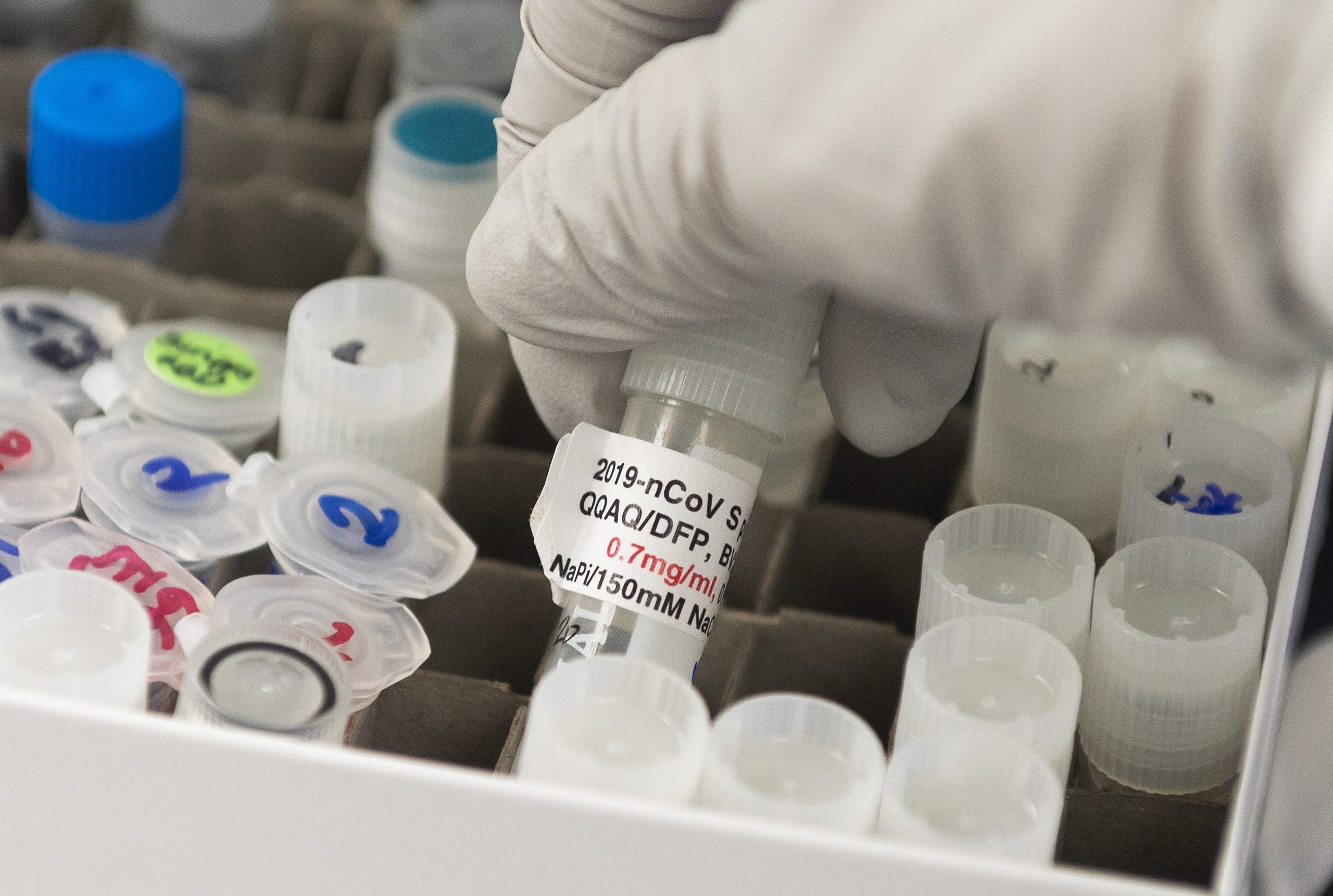
Billions of people are quarantined in their homes as governments try desperately to slow the progress of Covid-19, the disease caused by the Sars-CoV-2 coronavirus. With well over a million cases reported worldwide, health services in all countries are struggling to care for those who become seriously ill. A vaccine would save many millions from the disease, but we don’t have one, and it’s unlikely anything useful will appear for a year or more.
Vaccines work by triggering our immune systems to produce antibodies — proteins that bind to specific microbes and disrupt their biological processes or allow the immune system to destroy them, preventing them from causing disease. We have excellent vaccines against many viral diseases, including measles, mumps and German measles (or rubella) in the well known, safe and fantastically effective MMR vaccine. Once primed, the immune system retains a specific memory of previous infections and can obliterate returning microbes if they enter our bodies again. Vaccines safely mimic real infections, which also trigger antibody production and other immunological responses that provide immunity against future encounters with specific microbes.



